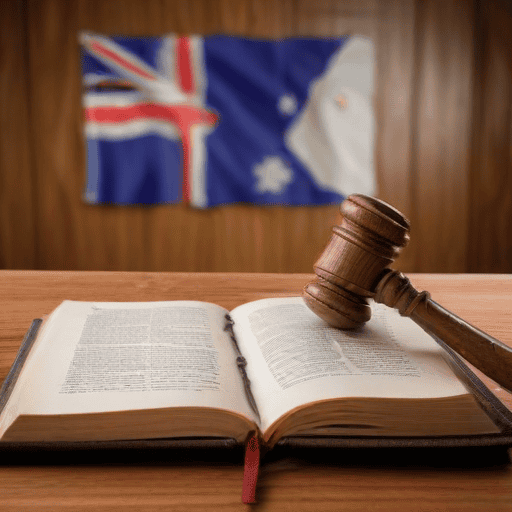Former Attorney General Aiyaz Sayed-Khaiyum has asserted that the President of Fiji is obligated to publicly disclose the recommendations of an independent Tribunal regarding the case of the suspended Director of Public Prosecutions (DPP). He referenced Section 112 (6) of the Fijian Constitution, which mandates that reports from such Tribunals must be made available to the public.
Sayed-Khaiyum emphasized that the Constitution leaves no room for discretion on the part of the President when it comes to acting on the Tribunal’s advice concerning the DPP’s status. Once a Tribunal is established, he explained, the President must adhere strictly to the Constitution and cannot unilaterally determine how to proceed based on personal judgement or external advice.
To ensure transparency in the judicial process, Sayed-Khaiyum suggested that the report be shared with the suspended DPP, the media, and through public forums. He highlighted the significance of this requirement, as it fosters public confidence in the integrity of judicial proceedings and safeguards the independence of the Tribunal from political interference. Upholding these constitutional standards prevents any potential undermining of the Presidential office and reinforces trust in legal processes.
This scenario serves as a crucial reminder of the importance of transparency and adherence to legal protocols in governance. Public confidence in institutions can be reinforced when leaders act in accordance with the law. By making the Tribunal’s findings public, it affirms the commitment to due process and accountability, ensuring that citizens feel secure in the functioning of their legal system.
In summary, Sayed-Khaiyum insists that transparency is not just a legal obligation, but a cornerstone of democratic governance, ensuring that all processes are conducted with integrity and under public scrutiny.

Leave a comment